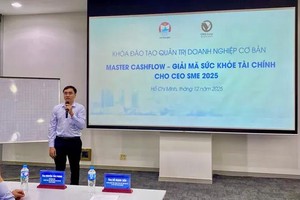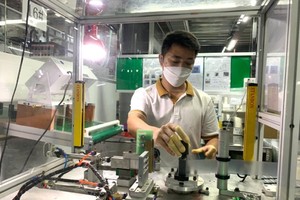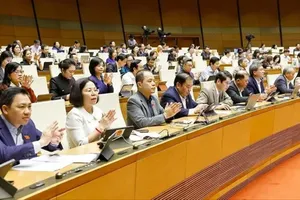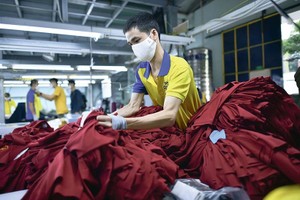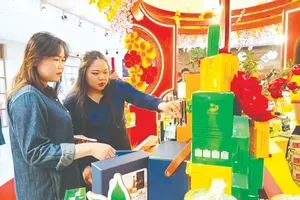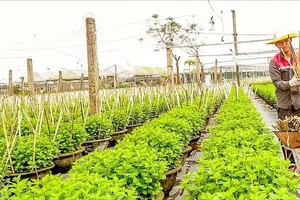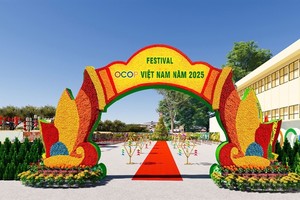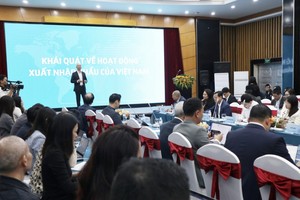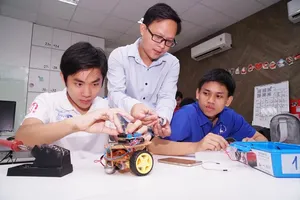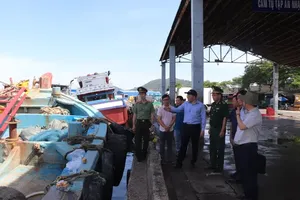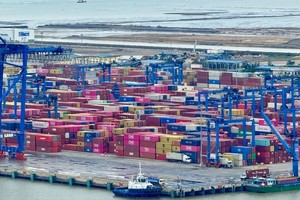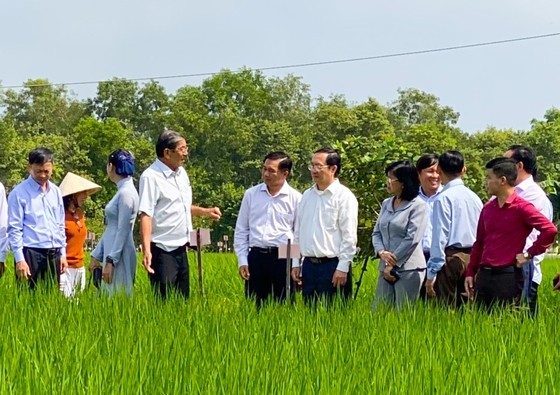
From 2015 to October 2022, the Science and Technology Ministry approved 6 projects to carry out in Soc Trang Province, with a total expense of over VND45.3 billion (US$1.93 million). There are also 78 provincial projects being launched, with a total cost of nearly VND67.5 billion ($2.87 million). Among them, 67 are completed and ready for inspection. The province has 771 registrations for protection of industrial property right.
Director Vu Thi Hieu Dong of Soc Trang Province Department of Science and Technology informed that the province aims at reaching a labor productivity increase to 6.5 percent per year, owning 9-10 scientific researchers per 10,000 residents, spending 0.3 percent of the provincial budget on science-technology activities, mobilizing 40-50 percent of social resources for scientific activities, and obtaining an average rise of 8-10 percent a year on registration for intellectual property by 2025.
Chairman of Soc Trang Province People’s Committee Tran Van Lau stressed that the province has always used scientific-technological activities to address its current urgent issues, while scientific research results are implemented in manufacturing and daily activities to boost the agricultural – economic restructuring for the provincial socio-economic development.
Soc Trang Province proposed at the working session that the Ministry of Science and Technology help it to attract international partners to establish a ‘Research and Application Center for Marine Economic Development’, which should become a hub to carry out missions of the Mekong Delta as to agriculture, green economy, circular economic, renewable energy.
Also, the province asked for support to create, manage, and protect the certified brand name of ‘Soc Trang’ for rice products belonging to the ST24 and ST25 varieties in international markets. There should be more investments to improve the capacity of laboratories, to upgrade the Center for Application of Science and Technology Advancement in Soc Trang Province, and to increase quality control and evaluation activities.
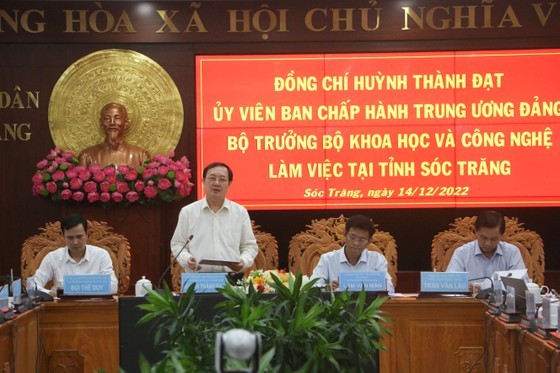
He added that the province should invest more in science-technology, human resources training for this aspect, support delivery to needy businesses to upgrade their technologies as well as increasing their own research and development capacity, and promotion of partnerships between businesses and educational institutes as to technology transfer or ordering. Science-technology development in the province must business-oriented to create higher added value for its product chains.




